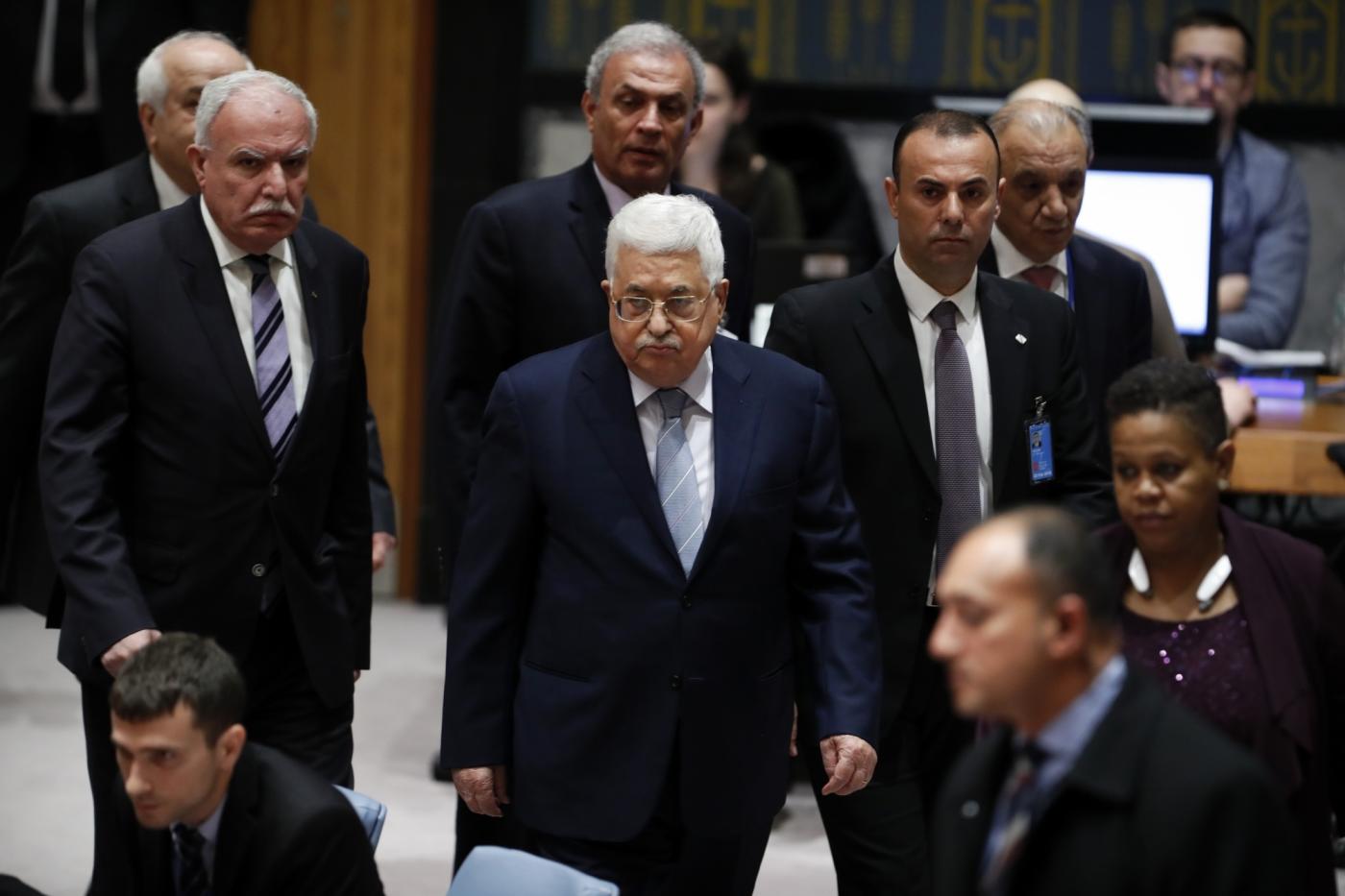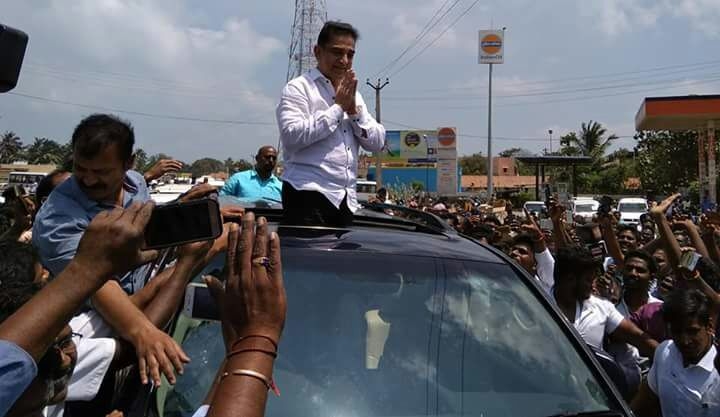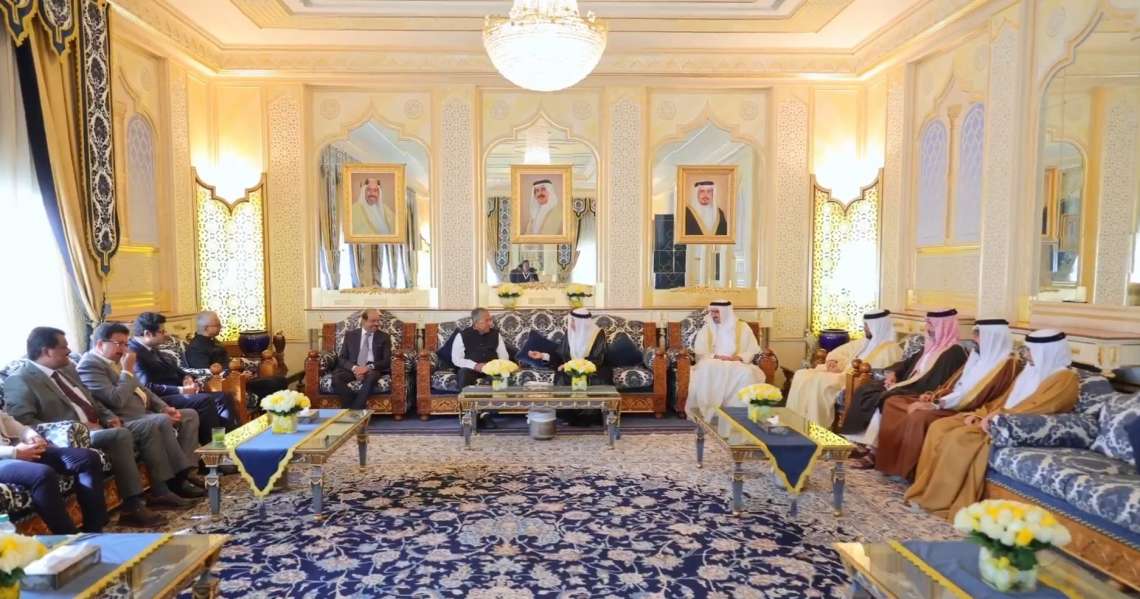UN: Palestine calls for peace; US firm on Jerusalem move … writes Arul Louis.

Palestine President Mahmoud Abbas has presented a three-point peace plan centred on convening an international peace conference by mid-year to resolve the intractable conflict with Israel and reiterated his readiness for negotiations.
He told a Security Council meeting on Palestine on Tuesday that the international conference should lead to the formation of an international multilateral mechanism that helps both parties to hold negotiations with a timeframe for implementing agreements they reach.
Speaking to the Council after almost nine years, Abbas said Palestine will push for full membership in the UN, where it now has only observer status, and that would be a condition for a peace settlement.
Reiterating Palestine’s commitment to hold negotiations with Israel, Abbas said it “is our strategic choice for the sake of the coming generations in our region.”
While he accused Israel of shunning negotiations with Palestinians and ignoring UN resolutions, he also criticised Washington saying it was creating a deadlock for the peace process by its decision to recognise Jerusalem as the capital of Israel.
He recalled the four meetings he had with US President Donald Trump and asserted that his administration had not made clear if it stood by a two-state solution for the Palestine-Israel problem.
US Permanent Representative Nikki Haley said that Washington was offering the “outstretched hand of the US” to Palestine to find a path to peace, but remained firm on the decision to move the embassy to Jerusalem.
“You don’t have to like it, but that position won’t change,” she declared, adding, “Our negotiators are sitting right behind me, ready to talk.”
Nickolay Mladenov, the UN Special Coordinator for the Middle East Peace Process, warned the Council that “the enemies of peace are growing more confident by the day” because “every failure of the forces of moderation was a win for the forces of radicalisation.”
Secretary-General Antonio Guterres said that only a two-state solution would work and there was no Plan B. Yet, he added, that its prospects could be receding.
Virtually all the members of the Council backed the two-state solution of having independent nations of Israel and Palestine side by side, while the US was silent on it.
Israel’s Permanent Representative Danny Danon, in turn, accused Palestinians of refusing to engage with his country, citing the walkout by Abbas as he began to speak.
He said that whenever they were close to a settlement – as with former Prime Minister Yehud Barak in 2000 – Palestine walked away.
Outlining his peace plan, Abbas said that besides the international conference, its other two elements were requiring all parties to not take any action that prejudges the outcome of the negotiations, and Palestine’s refraining from joining other international organisations.
In the interim, there should be an end to settlement activities by Israel and the US should not move its embassy to Jerusalem, he said.
“We are ready to undertake the longest journeys to the farthest places in the world in order to realise our rights,” he said. “But we are not ready to move one inch if anyone wants us to forsake these rights.”








